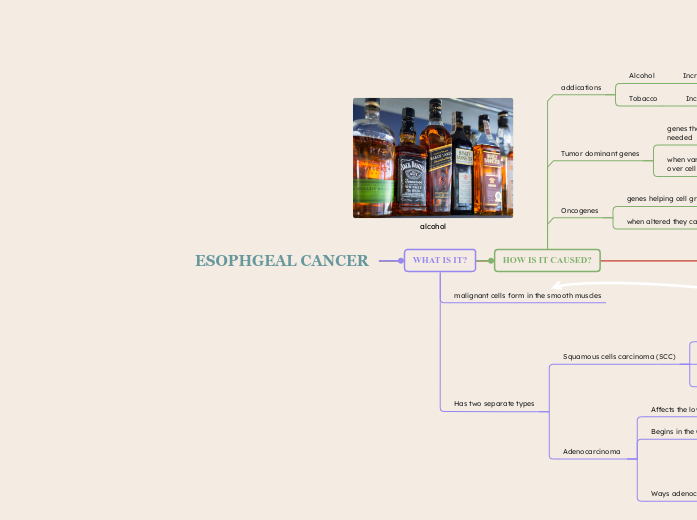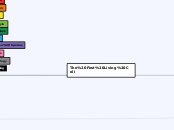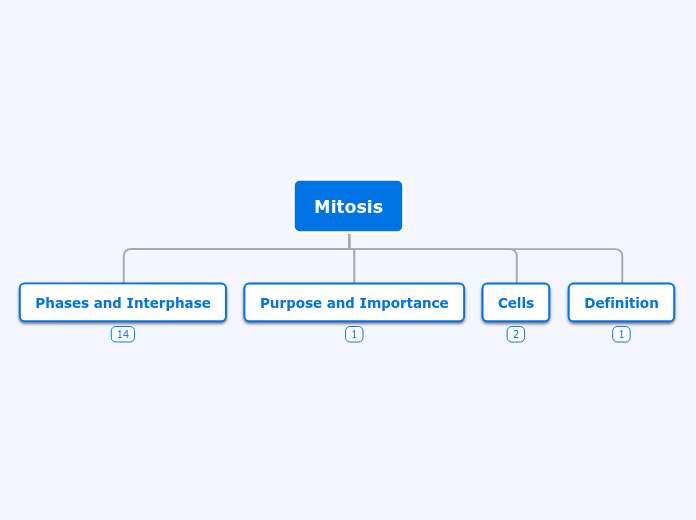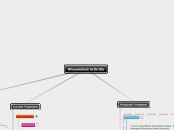works with white blood cells
esophagus and stomach location
due to this placement of the stomach, it is very clear to see why parts of the stomach is used in a esophagectomy
larger amount of time is used for digestion or choking could occur
causes choking
recurring cancer
helps with easing symptoms and overall pain
A recommended treatment to ensure comfortable life
Low red blood cells and hemoglobin
red blood cells are in charge of oxygen deliver
used in any stage
causing cancer.
Creating a NEW esophagus
Using parts of the stomach, chest and neck
causes cancer
alcohol
a example of esophageal cancer
Combining Tobacco and Alcohol increase risk of Cancer
due to the inability to provide a passageway for air to come in and out
causing many negative effects
Difficultly in breathing
coughing up blood
The thinner lining of the esophagus
Stage 0 cancer
Some esophgaual cancer cells contain a HER2 protein
HER2 protein allows the cancer to grow and spread
Targeted therapy targets these proteins using drugs
a huge warning of cancer and internal bleeding
ESOPHGEAL CANCER
TREATMENTS?
Palliative care
Targeted Therapy
Chemotherapy
Kills and stops cancer cells from growing
Esophagectomy
removing most of the esophagus and surringing tissues
Common treatment for EARLY stage esophageal cancer
HOW IS IT DIAGNOSED?
Esophagogastroduodenoscopy (EGD)
Doctors take a piece of tissue to use during a biopsy
Using a endoscope to look at your esophagus
Barium swallow
X-Ray used on your esophagus
You must drink a liquid called; Barium
helps doctors with seeing the X-ray better
SYMPTOMS?
Chronic Cough
Only concerning if lasted for more then 4 weeks / few months
coughing blood
Weight Loss
A change in your metabolism and appetite
HeartBurn
HCL acid from the stomach rising to the esophagus
this creates a burning sensation in your esophagus
Smoking can lead to heart burn
WHERE IS IT LOCATED?
WHAT SYSTEMS ARE INPACTED?
BLOOD
Triggers Anemia
Caused by low oxygen deliver
Iron deficiency
Respiratory System
Trachea
the trachea being affected causes the gas exchange to be effected
Allows inspired and expired air to pass in and out
located in front of the esophagus
when affected by SCC, the trachea suffers from internal bleeding
Lungs
function: bring oxygen into our bodies and exhaling CO2
chest pain
fluid around the lungs
this causes the tissue in your lungs to become inflamed resulting in chest pain
coughing blood
Digestive system
Liver
function: produces bile, stores carbohydrates, vitamins and detoxify substances in the blood
the most common place for esophageal cancer to spread
cancer blocks the blood flow in the liver
causing liver damage
creating upper abdominal pain
if the blood flow is blocked, then the liver is unable to detoxify substances
Esophagus
function: transporting food to the stomach
when the cancer prevents proper swallowing, this function becomes slowed down
Prevents swallowing
could go down your windpipe
slows down digestion process
Stomach
Weightloss
causes indigestion which impacts the body greatly
rapid heartburn
Black stools
prominent step in chemical digestion
Contains HCL acid to breakdown bolus
Breakdown of bolus, helps the process of digestion
forms chyme which is removed out of the body
In the lining of the esophagus
Spreads throughout the body
HOW IS IT CAUSED?
Oncogenes
when altered they cause uncontrollable cell growth
genes helping cell growth
Tumor dominant genes
when variants occur in these genes, it loses control over cell growth
genes that work in stopping cell growth when needed
addications
Tobacco
Increases SCC and adenocarcinoma
Alcohol
Increases SCC cancer
WHAT IS IT?
Has two separate types
Adenocarcinoma
Ways adenocarcinoma spreads
lymphatic system
Defends body against infections
Keeps the bodily fluids balanced
Part of the immune system
Blood steam
Surrounding tissues
Begins in the Glandular cells
Affects the lower part of the esophagus
Squamous cells carcinoma (SCC)
SC are located in the lining of the esophagus
Creates Squamous cells (SC)
Found in the middle and upper part of the esophagus
malignant cells form in the smooth muscles









